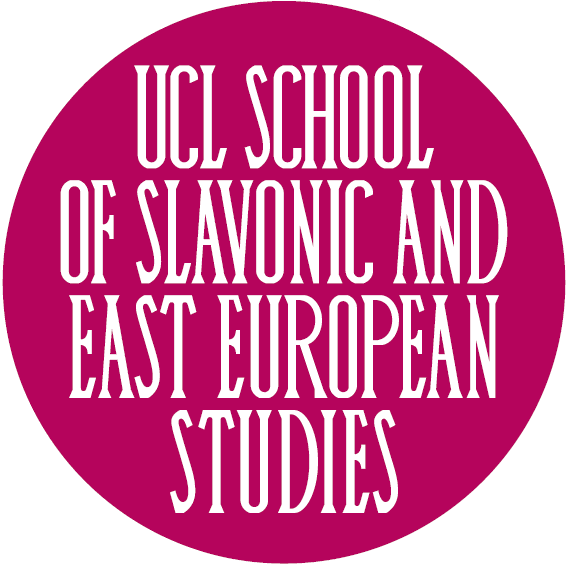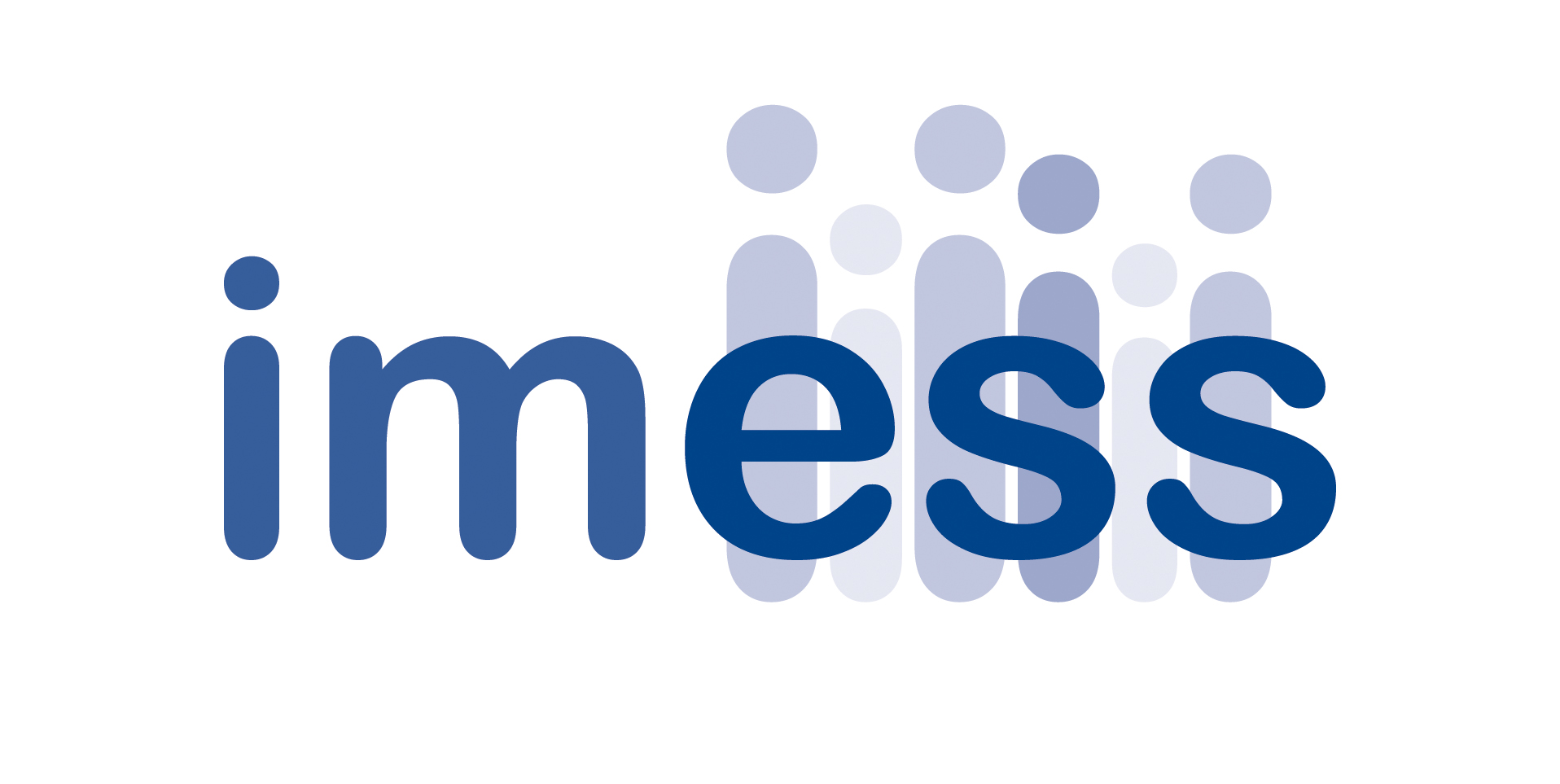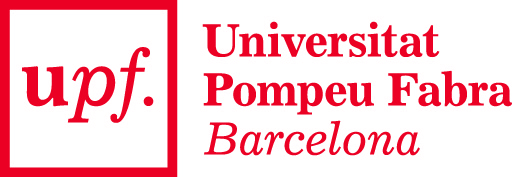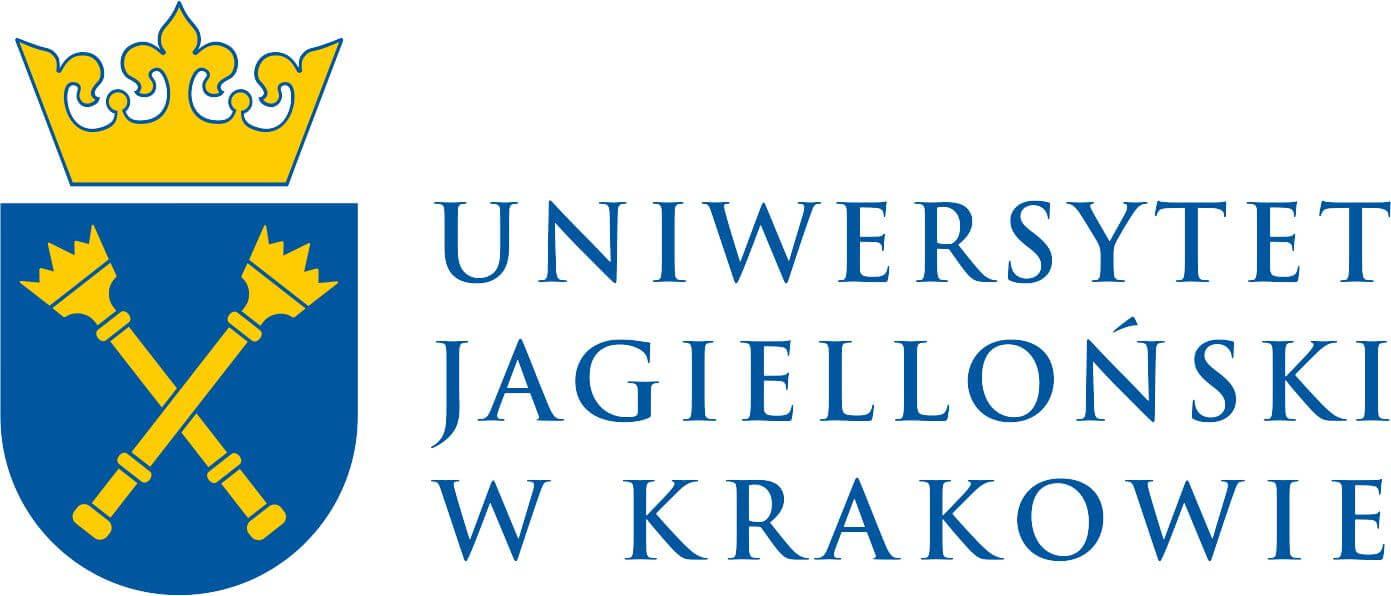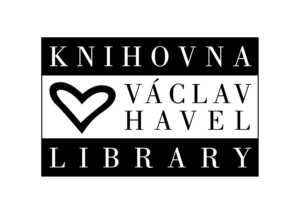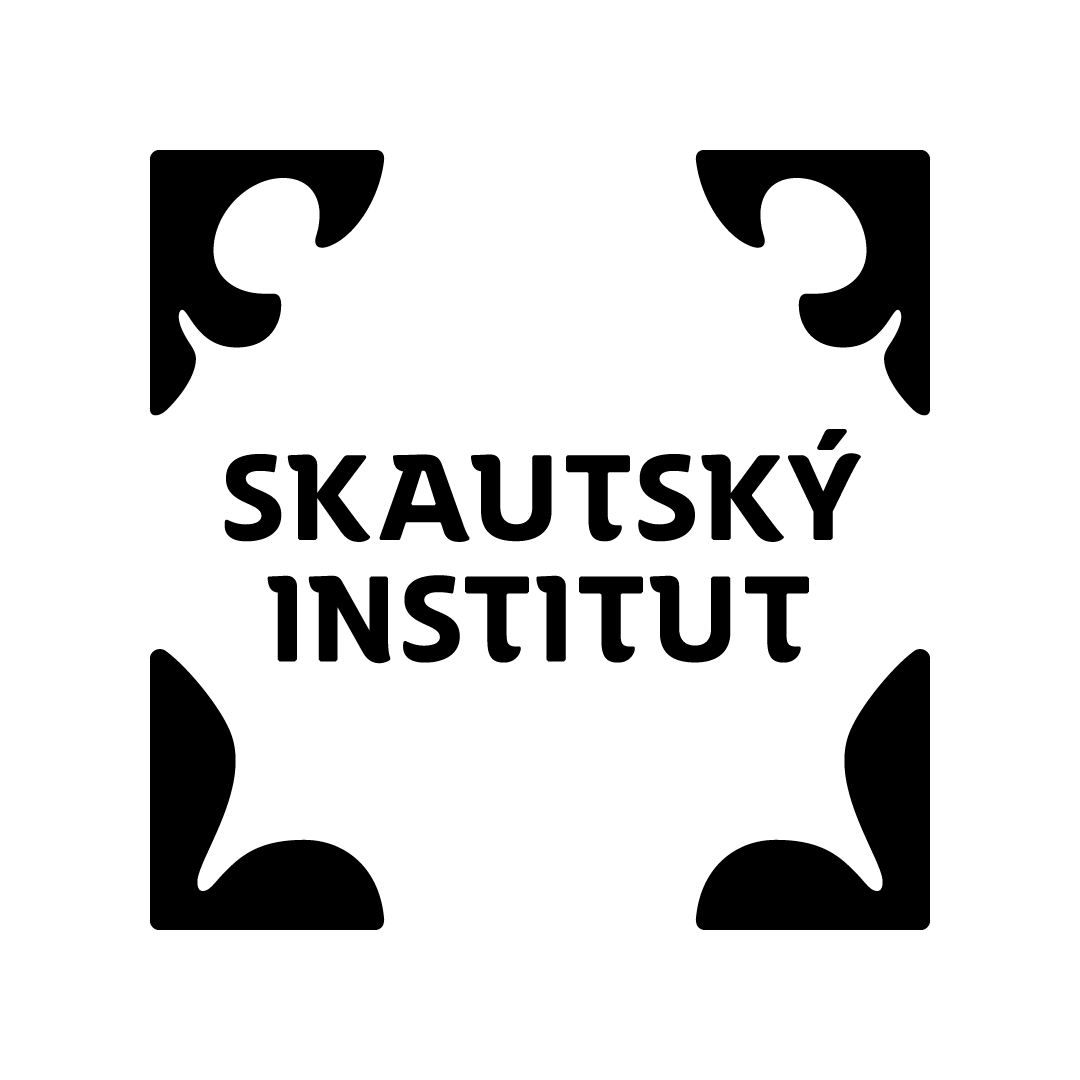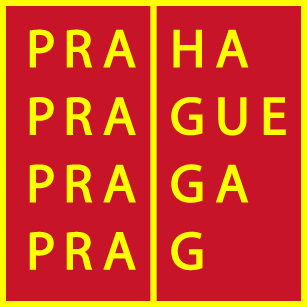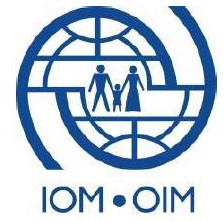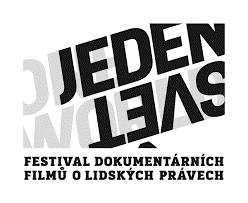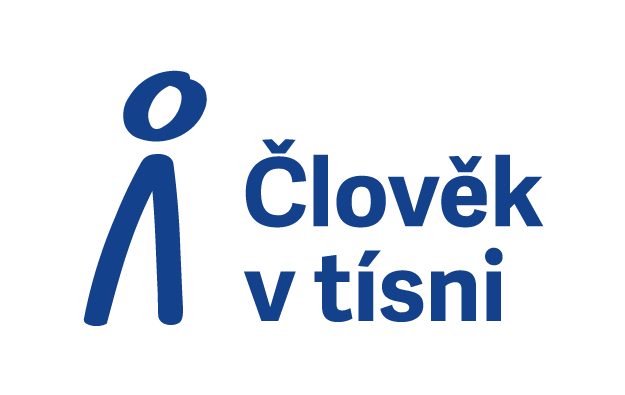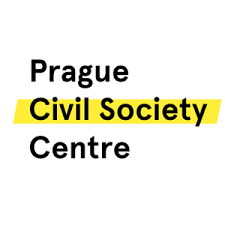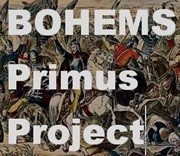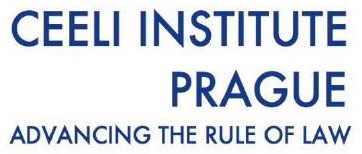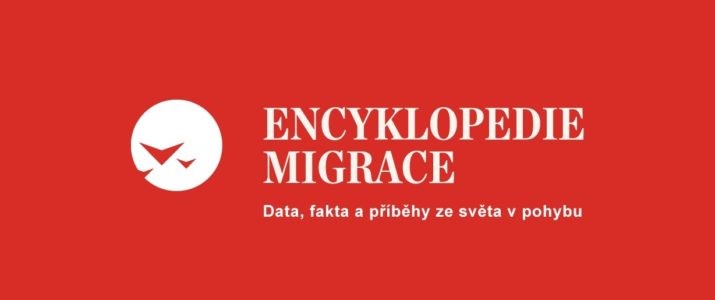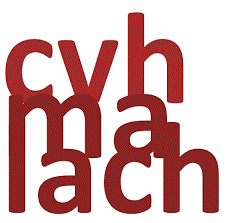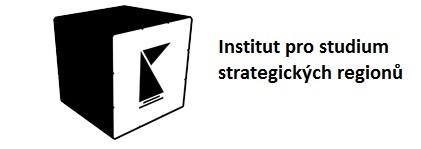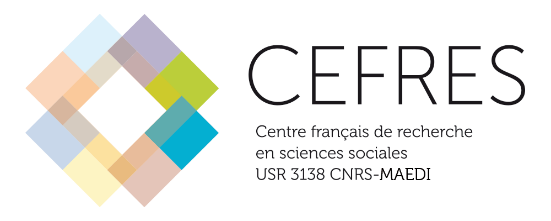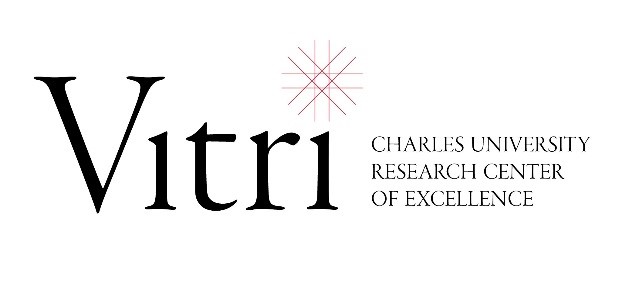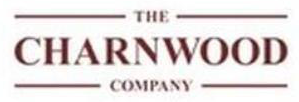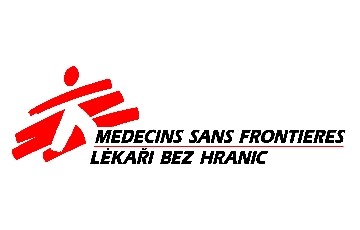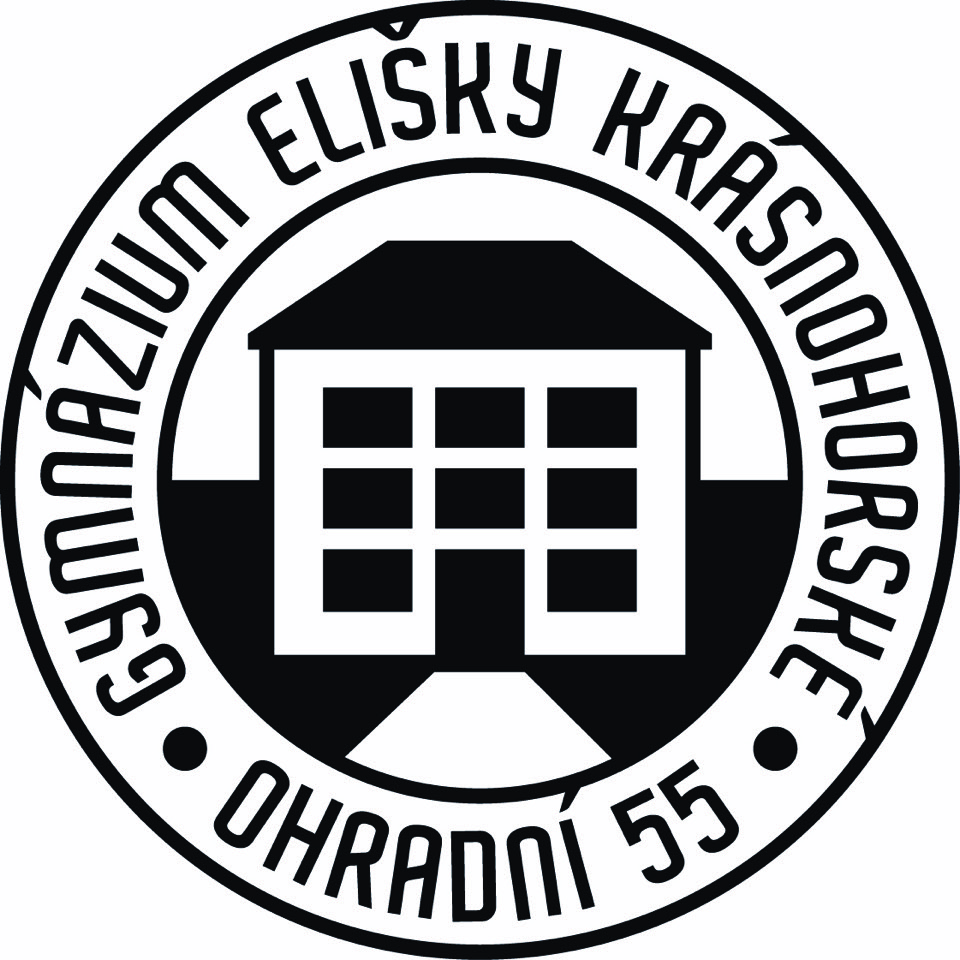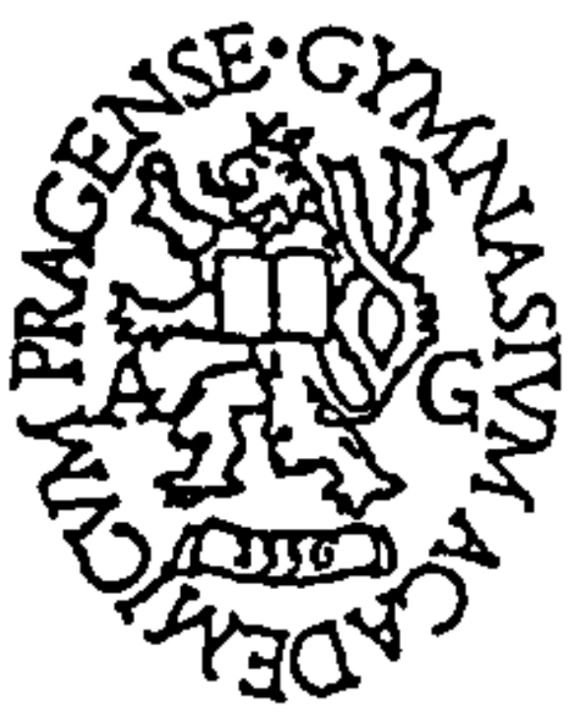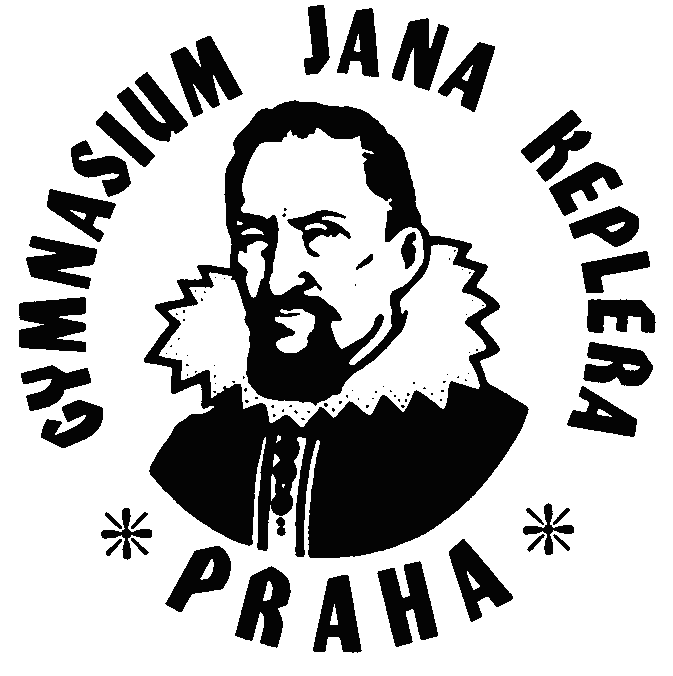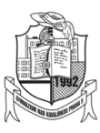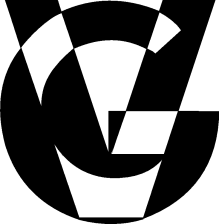FATIGUE: Delayed Transformational Fatigue in Central and Eastern Europe: Responding to the Rise of Illiberalism/Populism
FATIGUE
Delayed Transformational Fatigue in Central and Eastern Europe: Responding to the Rise of Illiberalism/Populism
The aim of FATIGUE is to develop theoretically and empirically robust explanations for the causes and consequences of rise of illiberalism and authoritarianism in post-communist Europe with reference to the concept of 'delayed transformational fatigue'. The research programme will be organised in five work packages, each centred on a research theme pertinent to one or more post-communist EU member-states, accession states or states in the EU’s Eastern Partnership.
Official project website:
https://populism-europe.com/fatigue/
https://www.ucl.ac.uk/ssees/research/funded-research-projects/fatigue
Research team
The IMS research team is responsible for WP5 Civil Society and Protest Movements.
- doc. PhDr. Jiří Vykoukal, CSc.
- Maria Alina Asavei, Ph.D.
- doc. PhDr. Kateřina Králová, Ph.D., M.A.
- prof. PhDr. Michal Kubát, Ph.D.
The aim of WP5 is to focus on examining various forms of citizens’ engagement in public life and politics, particularly as drivers, components and symptoms of ‘delayed transformational fatigue’. By studying a broad range of forms of associationism and types of mobilisation, often unconventional and thus frequently overlooked by researchers, the project will reassess the still prevailing view that civil society in post‐communist countries is weak.
WP1: Illiberal democracy and right-wing politics
WP2: Politics of memory and transitional justice
WP3: Economic populism and inequality
WP4: Cultures of reaction: xenophobia, anti-Semitism, anti-migrant
WP5: Civil society and protest movements
Consortium: UCL/School of Slavonic and East European Studies, Charles University, Belgrade University, Tartu University, Corvinus University, Jagiellonian University
Donor
This project has received funding from the European Union’s Horizon 2020 research and innovation programme.

Duration
The project runs from August 2018 - January 2022.


